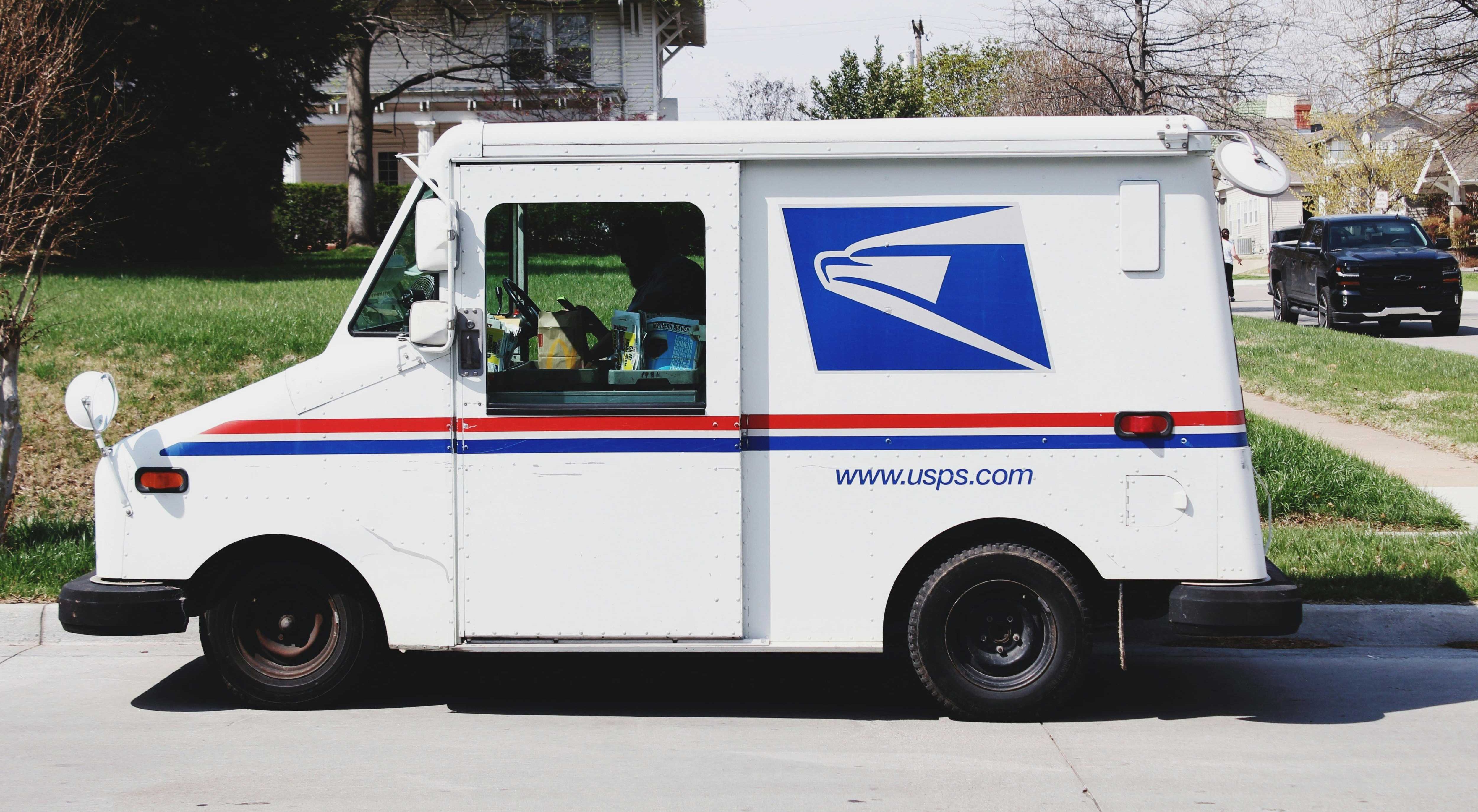Man's tearful revelation about his absent father highlights the vital role dads play
"You just healed and saved some lives sharing."

Man's tearful interview highlights important role dads play
Parents have no problem admitting that their children did not arrive with an instruction manual. Sure, there are books, articles, and people who tout themselves as parenting experts giving advice but there's no one size approach to parenting that gets stuffed in your diaper bag when leaving the hospital. Instead we rely on the proverbial village to help parents figure it out and if there's no village...well...guessing has solved many parenting dilemmas.
But even if parents have the best intentions, some parents are fighting battles that impair their ability to properly care for their children. Be it addiction, mental health conditions or lack of resources, some things override the parental switch that's supposed to flip once you find out a child is on the way. Unfortunately, children born in those circumstances carry the scars well into adulthood.
Actor and comedian D'Lai recently shared a tear-filled podcast episode discussing how having an absent father growing up continues to impact his life as an adult.
In the podcast video uploaded to social media, D'Lai explains that his mother was killed when he was just nine months old and was raised by his grandmother due to his father's absence. At the age of 12, the man was essentially left to care for himself after his grandmother passed away. His tragic beginnings didn't stop him from continuing his education, playing sports and trying to better his life but his father's presence was still missing.
D'Lai shares that at 17 his father explains that his addiction to drugs kept him out of his life, "I needed some answers from him as to why he's absent. His explanation was, he was on drugs. He was wild and doing his thing. I get that, cool. But at some point you have to mature and you say okay, let me be a father to this guy."
As the video goes on, D'Lai shares that after learning his father was planning out his funeral and last wishes, he realized he hasn't healed from the parental absence. The interview quickly took an emotional turn after that revelation causing the adult son to say through tears, "he was supposed to be there." D'Lai has a good relationship with his own sons despite still struggling to connect with his father. It's clear that reliving the instances of broken promises and missed milestones is extremely painful even with all of the personal successes that he's had. The absence of his father during celebratory moments was felt.
The vulnerability D'Lai shows during the podcast has others sharing their gratitude for his willingness to be so exposed publicly. Some viewers shared their own experiences with having an absent father, showing just how important it is for fathers to be an involved parent.
"This proves enough of how big of man you became, Thank you for sharing your truth, the strength and vulnerability . This what makes us men," one person writes.
One man writes in part, "Here I was scrolling watching cute animal videos and things being smushed by a machine then I see this and it transported me back to being a kid having similar experiences. I remember when I graduated high school not a single member of my family was there. My mom wanted to be there but my uncle was working late and couldn’t bring her. I was crushed man. I watched everybody else smile and lock eyes with their family in the crowd while walking across the stage. My baseball team/coaches were there but it wasn’t the same. Sh*t broke me so f**kin bad man I cried in the bathroom right before walking on stage n graduating with honors. Took me so long to process and cope with that feeling of loneliness. My whole childhood I needed my Dad man, it’s so hard for a woman to raise a man and teach him how to be a man. She did the best she could. D, I cried so hard when you said “Look at what I’ve become! Why do you still not want to be a part of my life?” I had to come to terms that some of our Dads had horrible Dads and no one to teach them how to be different or break the cycle. But I swear to God I will give my Kids my all. I’ll be there for every achievement or to catch you when you fall."
"It takes an immense amount of strength for a man to share his pain and be vulnerable with others. This is going to help heal yourself and others more then u know," another commenter shares.
"You just healed and saved some lives sharing. Love," someone says.
The video undeniably struck a chord with many people, providing a space for others to share their own pain, comfort those who need it and wish others well. Hopefully by sharing his story more people with absent parents will begin their own healing process.




 The pay is good and you get to drive this sweet truck around!Photo by
The pay is good and you get to drive this sweet truck around!Photo by  Three USPS boxes. via
Three USPS boxes. via 

 Philip painted this blue mountain lake piece with help from a YouTube tutorial. bruncvik/reddit
Philip painted this blue mountain lake piece with help from a YouTube tutorial. bruncvik/reddit  Here's what the painting was "supposed" to look like. She'z ART/YouTube
Here's what the painting was "supposed" to look like. She'z ART/YouTube  I love this haunting purple and orange piece Philip painted! bruncvik/reddit
I love this haunting purple and orange piece Philip painted! bruncvik/reddit  A YouTube tutorial of a sunset river helped Philip learn to paint the scene. She'z ART/YouTube
A YouTube tutorial of a sunset river helped Philip learn to paint the scene. She'z ART/YouTube 
 Traditional strawberry farming takes up a lot of land.
Traditional strawberry farming takes up a lot of land. Strawberries are a wildly popular fruit.
Strawberries are a wildly popular fruit.